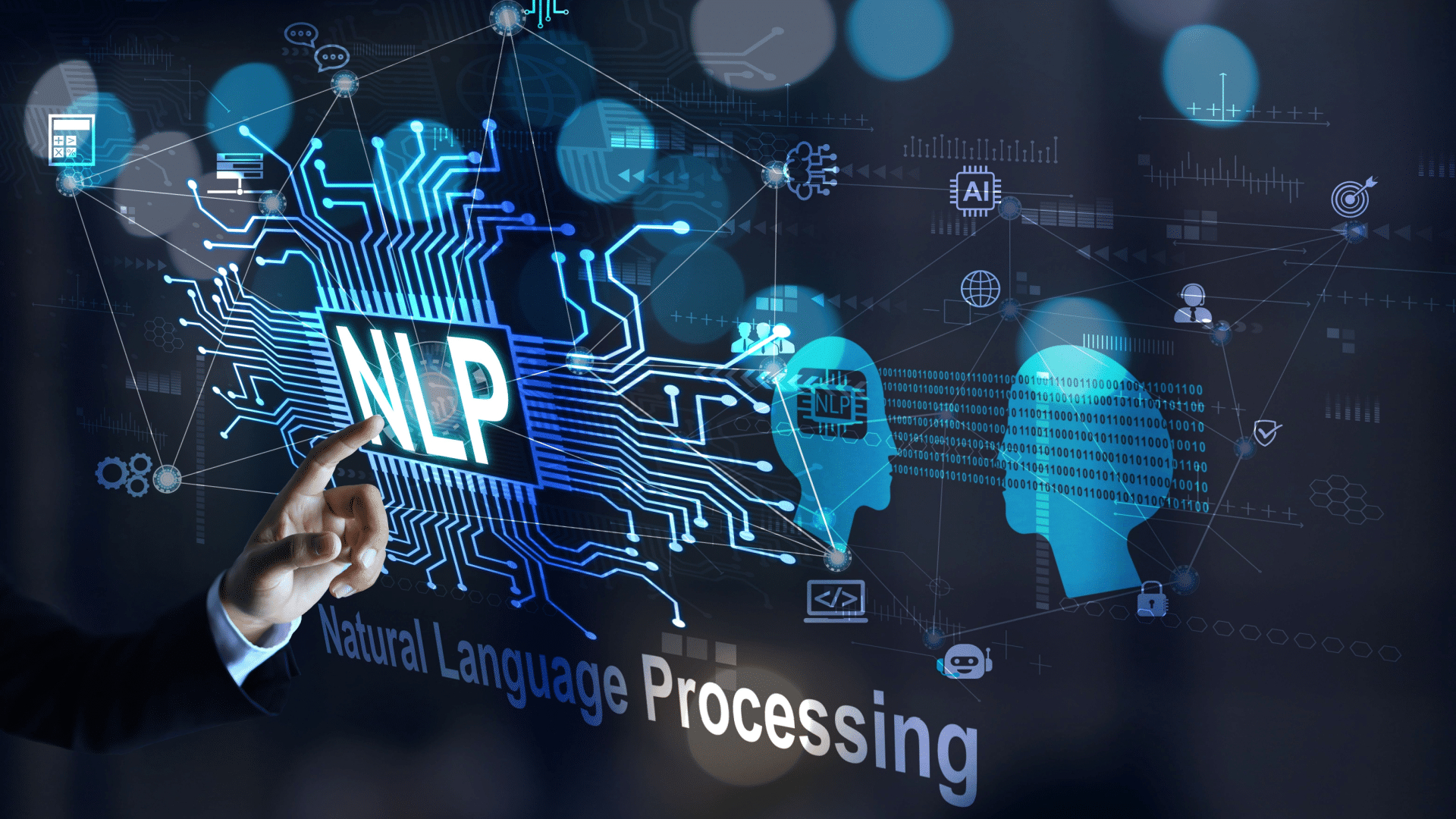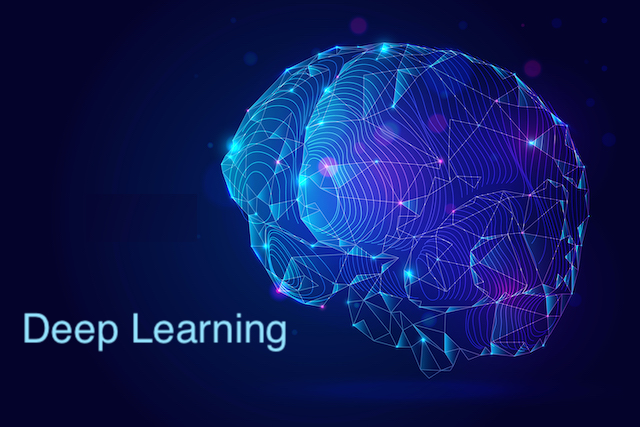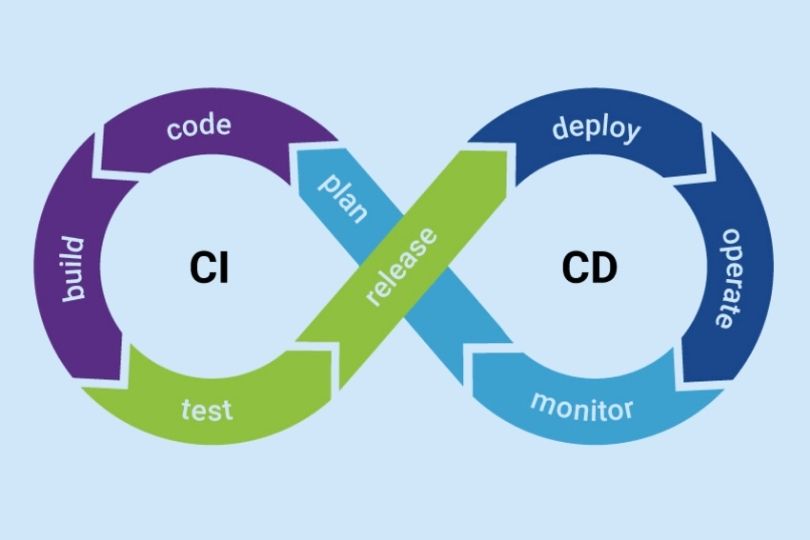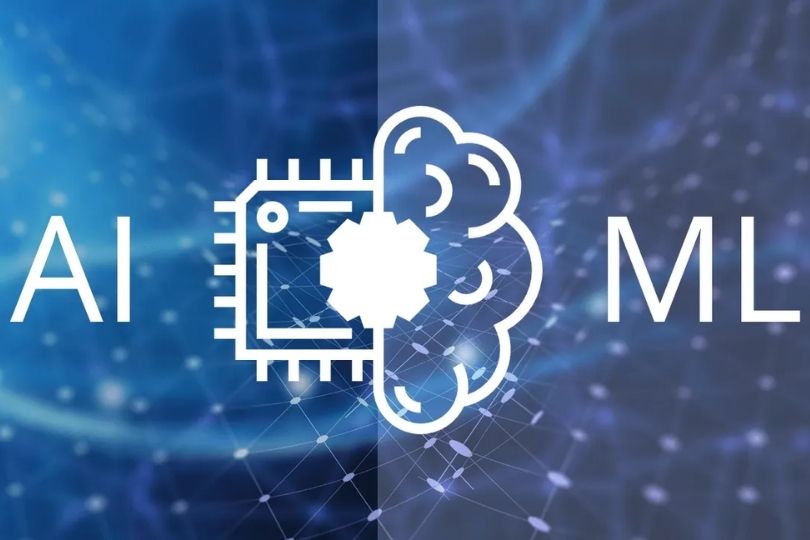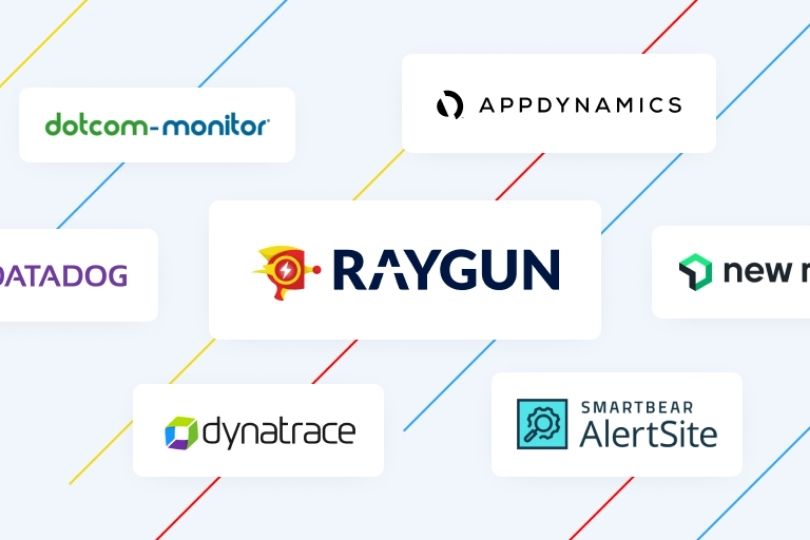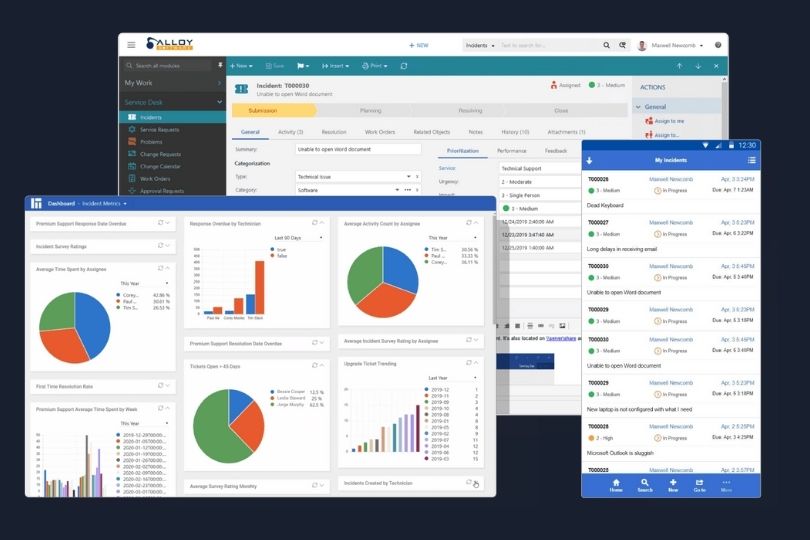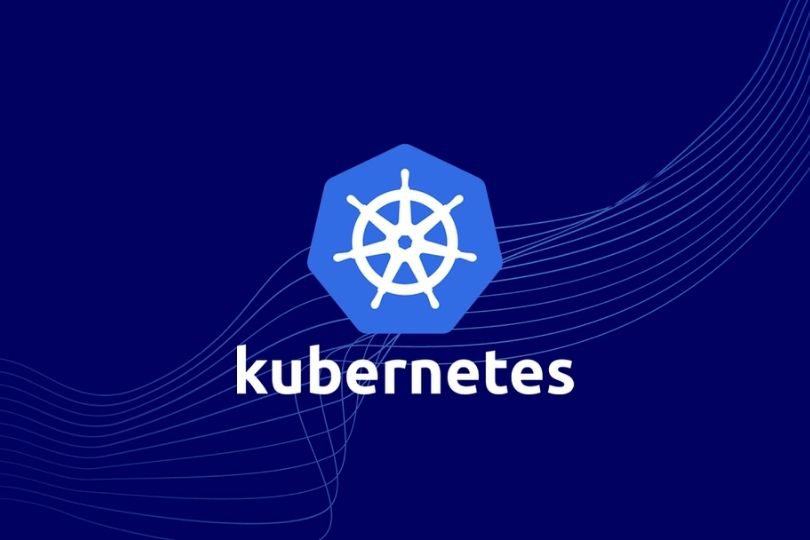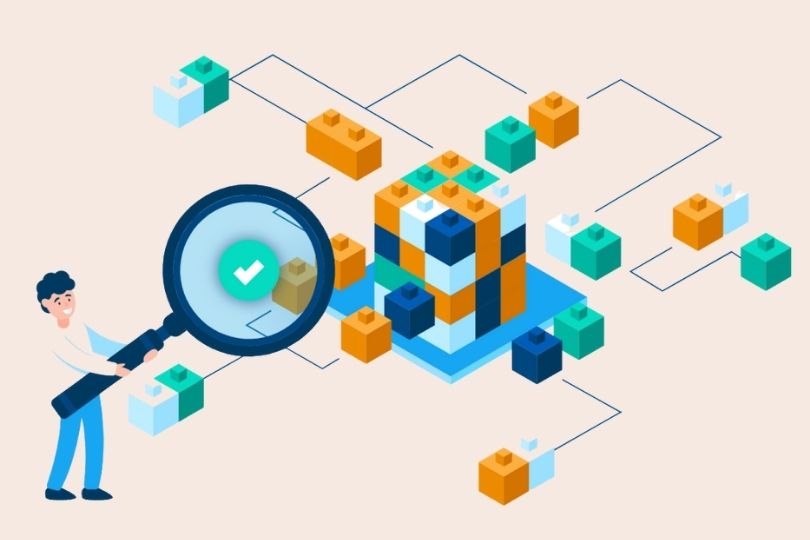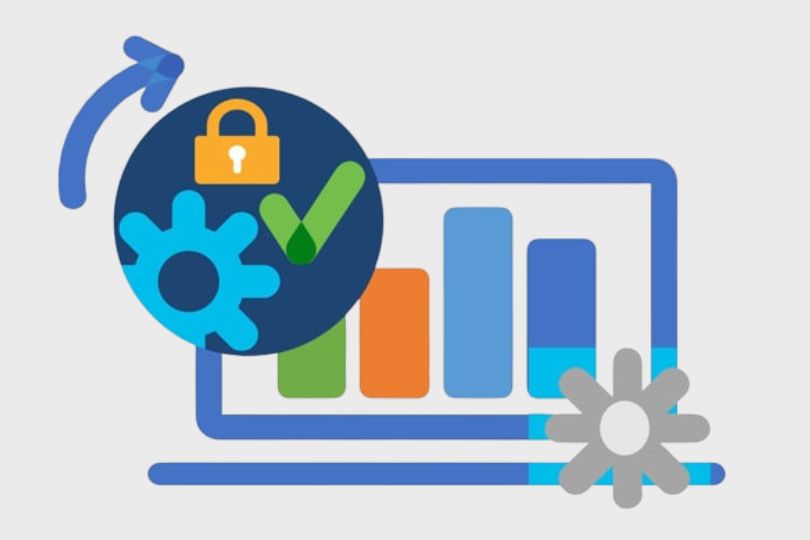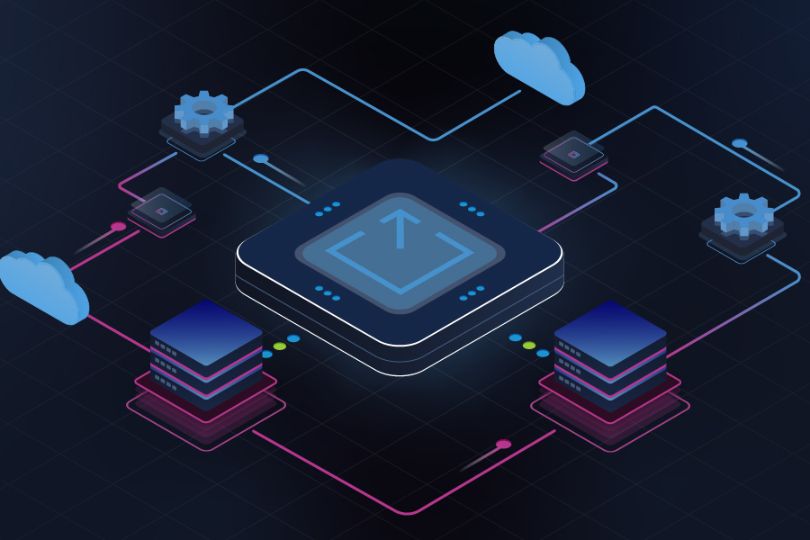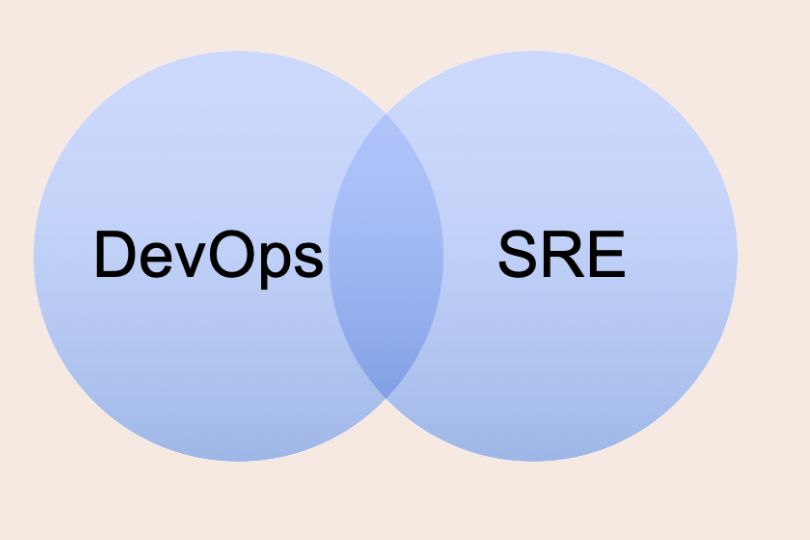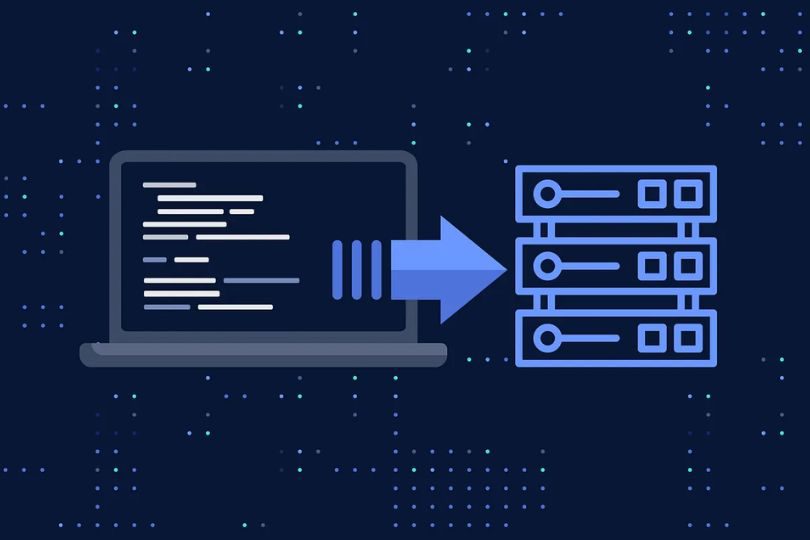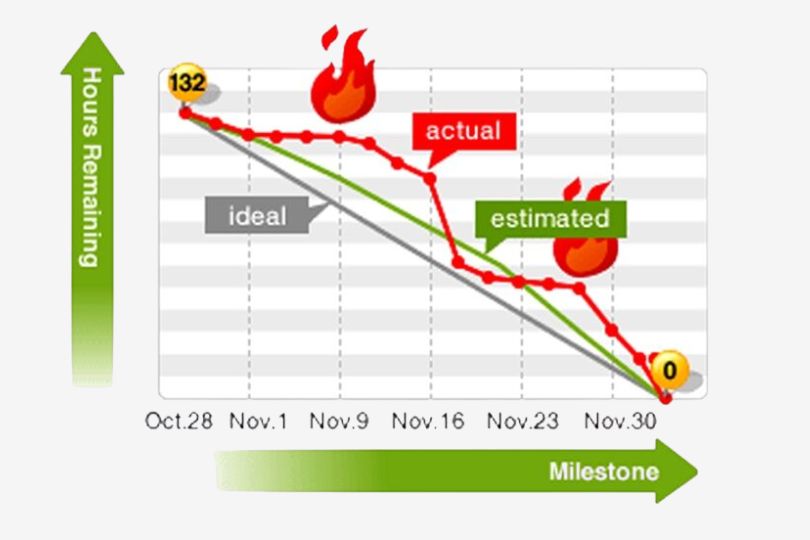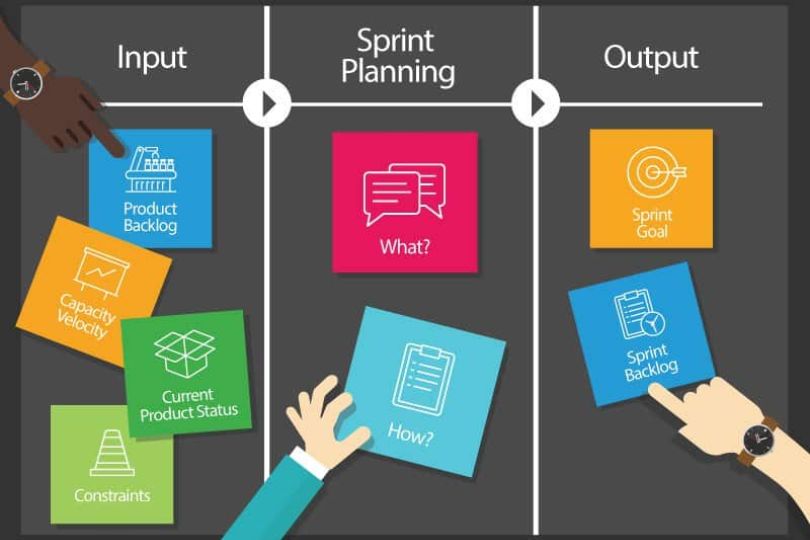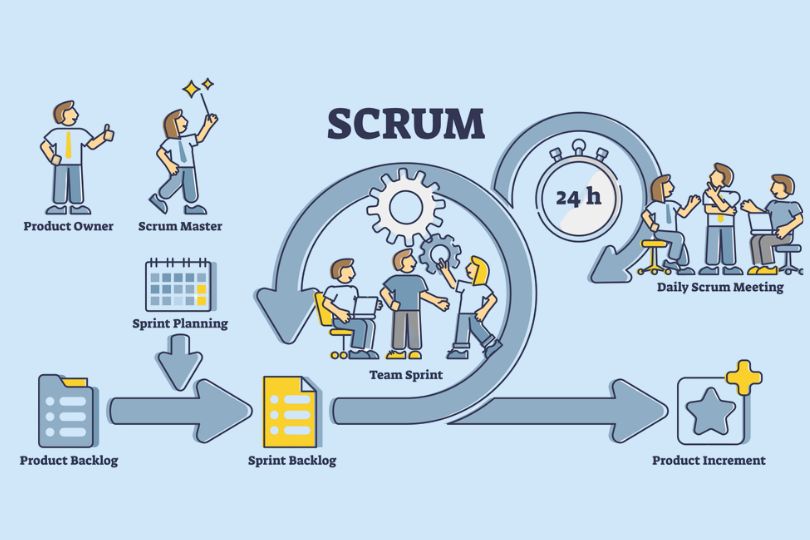Artificial Intelligence
Artificial Intelligence
Case Studies: Successful AI Implementations in the IT Sector
- By Admin
- January 14, 2026
Artificial Intelligence
AI Chatbots: Revolutionizing Customer Support in IT
- By Admin
- January 14, 2026
SRE
Building Resilient CI/CD Pipelines: Key Practices for Robust Development
- By Admin
- January 14, 2026
SRE
Incident Management Tools and Platforms: Streamlining Your IT Response
- By Admin
- January 14, 2026
SRE
The Impact of Microservices on Site Reliability: Benefits and Challenges
- By Admin
- January 14, 2026
SRE
Continuous Integration and Deployment in Site Reliability Engineering (SRE)
- By Admin
- January 13, 2026
SRE
Using Error Budgets to Drive Reliability: A Pathway to Resilient Systems
- By Admin
- January 13, 2026
SRE
Capacity Planning and Load Testing Techniques: Ensuring System Efficiency
- By Admin
- January 13, 2026
SRE
Incident Response: Best Practices in Site Reliability Engineering (SRE)
- By Admin
- January 12, 2026
Scrum Master
Scrum Master Toolbox: Best Practices for Managing Team Dynamics
- By Admin
- January 12, 2026
Scrum Master
Why Scrum Masters Are Critical to Agile Transformation Success
- By Admin
- January 9, 2026
Scrum Master
Mastering the Art of Stakeholder Collaboration as a Scrum Master
- By Admin
- January 9, 2026
Scrum Master
The Evolution of the Scrum Master Role in Hybrid Work Environments
- By Admin
- January 9, 2026
Scrum Master
Scrum Master Certification Demystified: Which One is Right for You?
- By Admin
- January 9, 2026
Scrum Master
How to Facilitate Agile Ceremonies Like a Pro: A Step-by-Step Guide
- By Admin
- January 8, 2026
Scrum Master
The Career Path of a Scrum Master: Opportunities Beyond the Role
- By Admin
- January 8, 2026
Scrum Master
Agile Leadership: What Makes a Scrum Master a True Servant Leader
- By Admin
- January 8, 2026














